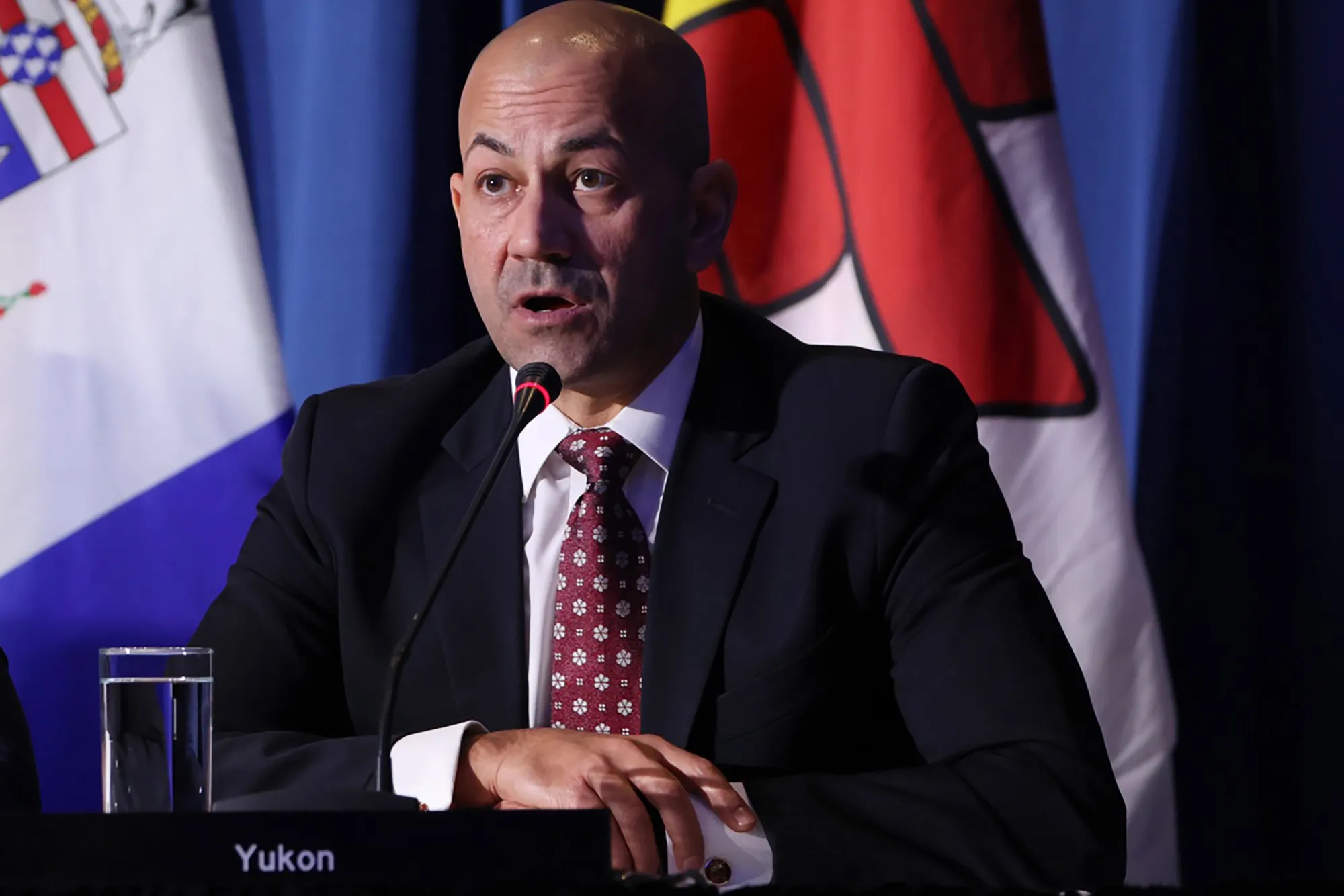Global Markets Steady as US Optimism Offsets Geopolitical Unrest

Oil and gold edge higher, South Korean stocks slide, and central banks prepare for key rate decisions.
Global stock markets held firm on Monday as investors absorbed a wave of geopolitical turbulence, including the collapse of Syria’s government and political uncertainty in South Korea and France. Despite these developments, oil prices saw only modest gains, while gold rose as a safe-haven asset. Meanwhile, market sentiment in the US remained upbeat ahead of key inflation data, which could solidify expectations of a Federal Reserve rate cut next week.
European stocks opened higher, with the STOXX 600 index up 0.3%, while US stock index futures suggested a positive start on Wall Street, with the S&P 500, Nasdaq, and Russell 2000 all expected to edge higher. However, South Korea’s KOSPI index tumbled 2.8% amid continued fallout from President Yoon Suk Yeol’s brief declaration of martial law, which prompted an impeachment attempt over the weekend.
Oil prices climbed 1.3% to $72 per barrel following the collapse of Syria’s government under President Bashar al-Assad, who reportedly fled to Russia. While the development underscored the fragility of the Middle East’s geopolitical landscape, the reaction in oil markets was relatively muted, suggesting investors view the situation as contained for now.
Gold prices rose 0.6% to $2,648 per ounce as geopolitical uncertainties supported demand for safe-haven assets. Meanwhile, the dollar index remained flat at 106, while the euro held steady at $1.0566.
Investors continue to draw confidence from US economic strength, fueled by robust jobs data released last Friday. The report showed 227,000 jobs were created in November, well above market expectations of 200,000, reinforcing the view that the US economy remains resilient. However, the data was not strong enough to rule out a rate cut from the Federal Reserve, which markets now see as an 85% likelihood at the Dec. 17-18 meeting.
This “goldilocks” scenario — strong but not too strong economic data — has sustained the so-called “Trump rally,” a prolonged upward trend in US equity markets. Major US indexes, including the S&P 500 and Nasdaq, reached record highs last week. According to David Morrison, a market strategist at Trade Nation, the sentiment is that investors “have to pay up or you’re missing out,” reflecting fears of being left behind as markets continue to climb.
The next major catalyst for US markets will be the release of consumer price inflation data on Wednesday. Markets expect the core inflation rate to hold steady at 3.3% for November, which would keep the path clear for a Federal Reserve rate cut later in December.
While US markets appeared steady, geopolitical developments weighed on sentiment in Asia and Europe.
- Syria: The sudden collapse of President Bashar al-Assad’s regime after a weekend rebel advance on Damascus ended 50 years of Assad family rule. Reports indicate Assad and his family have fled to Russia. The Middle East is a key area of concern for energy markets, but so far, oil prices have shown limited volatility, with analysts noting that the collapse may have been anticipated to some degree.
- South Korea: The political crisis in South Korea deepened after President Yoon Suk Yeol narrowly survived an impeachment vote following his short-lived attempt to impose martial law. His declaration sparked public outrage and led to an impeachment motion, which failed to reach the required threshold of 200 votes in parliament. South Korea’s KOSPI index slumped 2.8%, while the Korean won weakened 0.7% against the US dollar, nearing its lowest level since last week.
- France: French President Emmanuel Macron has yet to name a new prime minister after Michel Barnier’s government collapsed last week following a no-confidence vote. The collapse of the government highlights the growing political uncertainty in the eurozone’s second-largest economy. Analysts suggest that ongoing political turmoil in France, combined with uncertainty in Germany’s leadership, could weigh on European market sentiment.
This week is packed with critical decisions from global central banks, with interest rate cuts expected from the European Central Bank (ECB), the Swiss National Bank (SNB), and the Bank of Canada (BoC).
- European Central Bank (ECB): Markets expect the ECB to deliver a 25 basis point rate cut on Thursday. The move follows signs of persistent economic sluggishness in the eurozone and is part of a broader effort to counter the negative impact of high borrowing costs on European growth.
- Swiss National Bank (SNB): The SNB is expected to cut interest rates by as much as 50 basis points. This follows a drop in inflationary pressure in Switzerland, which opens the door for more aggressive easing.
- Bank of Canada (BoC): The BoC is also expected to cut rates after Canada’s November unemployment rate unexpectedly rose. Analysts believe the rate cut could help stimulate the Canadian economy, which has faced headwinds from a slowdown in the housing market and weaker consumer spending.
Meanwhile, the Reserve Bank of Australia is expected to hold rates steady, while Brazil’s central bank is poised for another rate hike to control inflation.
Barclays economist Christian Keller described the global outlook as one where “monetary policy remains the only game in town to support economic activity,” particularly in regions where political leadership appears fractured, such as France and Germany.
Despite the array of geopolitical shocks, investors have shown resilience, with most major global stock indexes trading near record highs. The outlook for the remainder of December will hinge on several key factors, including:
- U.S. Inflation Data (Dec. 13): A higher-than-expected core inflation rate could temper expectations for a Federal Reserve rate cut.
- Federal Reserve Meeting (Dec. 17-18): Investors are betting on an 85% chance of a 25 basis point cut, which could fuel another leg higher for U.S. equities.
- Central Bank Rate Cuts: Decisions by the ECB, SNB, and BoC this week could shift market sentiment in Europe and Canada.
- Geopolitical Risks: Markets will remain sensitive to developments in Syria, South Korea, and France, as political instability could have spillover effects on investor confidence.
While geopolitical uncertainty tends to unnerve investors, the steady performance of US equities highlights the market’s ability to separate short-term risks from long-term growth prospects. As David Morrison noted:
“The ‘Trump rally’ has just continued, with no pullback and no opportunities for fresh longs to come in.”








